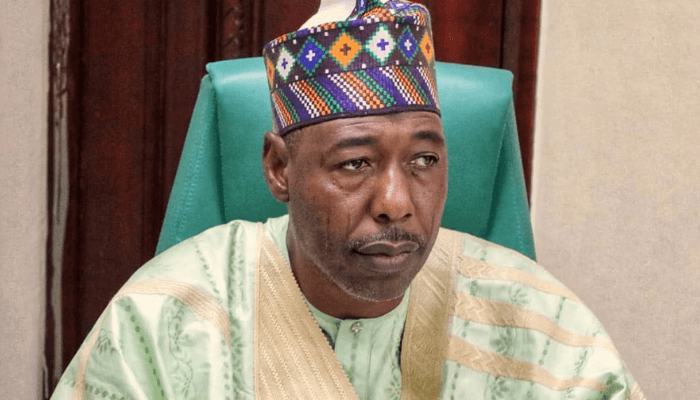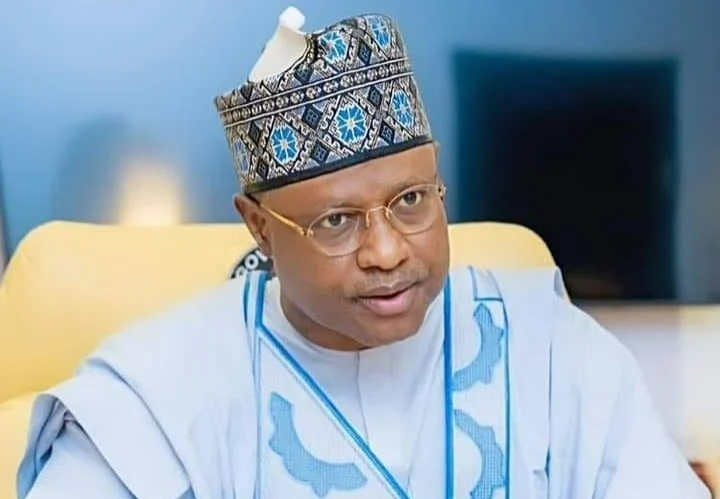Foreign Direct Investments in Nigeria’s telecoms sector continued to fall in the second quarter of this year, with telecom companies attracting $25.81 million.
According to The Times, this shows a 494% decrease year over year when compared to the $153.50 million reported at the same time last year.
However, the Q2 result indicates a modest increase over Q1 according to the Capital Importation data provided by the National Bureau of Statistics.
When compared to the $22.05 million investments registered by the industry in Q1 2023, the foreign capital inflow into the telecom sector climbed by 17% quarter over quarter in Q2 2023.
The NBS report also showed that the telecom industry contributed 2.51 percent of the total inflow of capital into the economy in Q2, which stood at $1.03 billion.
The drop in investment comes while the Nigeria National Broadband Plan (NBP 2020-2025) is still being implemented, with a target of 70% penetration by 2025, for which the nation is relying more on foreign investments.
Industry experts estimate that to reach this goal, Nigeria’s telecom sector would need to invest at least $3.4 billion in fiber infrastructure.
The economy of the nation has been experiencing a general fall in foreign direct investment since the coronavirus pandemic breakout in 2020, but over the past five years, investments in the telecoms sector have been declining steadily.
The difficulty of various taxation in the telecom business, according to the Chairman of the Association of Licenced Telecommunications Operators of Nigeria, Engr. Gbenga Adebayo is one of the major factors discouraging further investments in the industry.
He claimed that the country’s various levels of government continually impose new fees, and that telecom providers currently pay a total of 39 taxes and levies.
He added that potential investors are also on the lookout for these aspects and are still observing and that the industry’s unclear tax structure has made planning and forecasting extremely difficult for participants.
Similar sentiments were expressed by the immediate past president of the Association of Telecommunications Company of Nigeria, Engr. Ikechukwu Nnamani, ATCON is another organization that unites players in the telecom sector.
He noted that the volatility of the country’s forex market has significantly deterred many foreign investors from investing in the telecom sector.
To close the infrastructure deficit in the telecom sector, it is anticipated that the country would need to invest $100 billion over the course of the next ten years.
But where will the funds come from? Foreign investors are quite concerned about the currency rate situation in Nigeria because they are unsure of how things will be when they want to return their profits. The currency rate changes could cause their earnings on investments to be cut in half.
“We must first address the foreign exchange crisis if we hope to see the investors,” he remarked.











